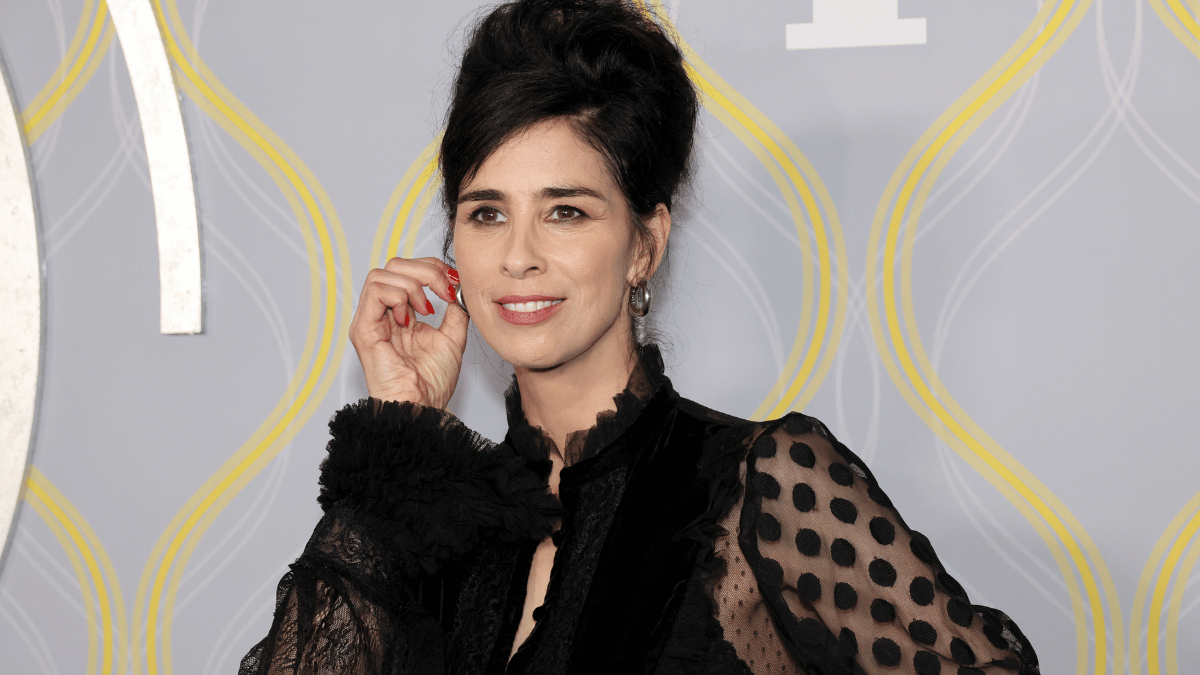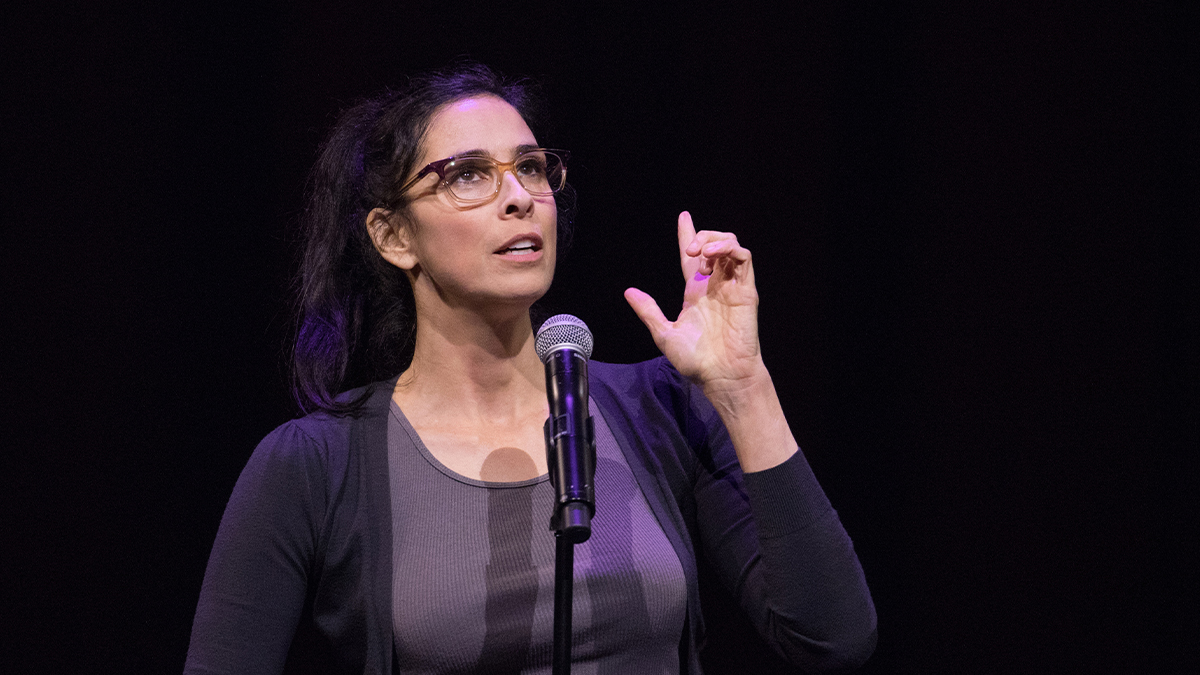The development of Artificial Intelligence technologies like ChatGPT and LLaMA has been a point of contention this year. Although AI has evolved to be capable of holding a semi-coherent conversation, its detractors – Sarah Silverman among them – have pointed out that these programs are merely taking other works of writing and mashing them together to form a new response.
That’s why three authors – Silverman, Christopher Golden, and Richard Kadrey have opted to file a lawsuit against OpenAI and Meta over dual claims of copyright infringement. As The Verge reports, one of the central claims of the suit alleges that both OpenAI and Meta had ‘trained’ their AI using illegally-acquired datasets from ‘shadow library’ websites like Bibliotok, Library Genesis, and others.
The three authors offered exhibits showing that ChatGPT will provide summaries for their works when prompted. The examples used were Silverman’s Bedwetter, Golden’s Ararat, and Kadrey’s Sandman Slim. The suit notes that the programs failed to “reproduce any of the copyright management information Plaintiffs included with their published works.”
Meanwhile, a separate lawsuit against Meta alleges that the authors’ books were accessible in the datasets used to train the company’s LLaMA AI Model. While none of the plaintiffs have offered an official word on the suit, they are hoping for restitution of profits, statutory damages, and more.

The case formalizes concerns that the wider writing community has had about intellectual ownership and AI models. Since the field of AI is so new, thorough regulations have not been put into place regarding the rights of the author and their works – meaning that, thus far, AI models have been trained with literary works that have not been approved for this use.
A similar issue has popped up regarding visual art-based AI programs like Midjourney. Back in February, a group of artists filed a class-action lawsuit alleging that they had given no consent for their works to be used in the datasets, that they had not been compensated, and that they had not been credited. Image-generating AI programs operate similarly to writing-based AI programs, with the program creating a ‘new’ work by essentially mixing and matching pre-selected images.
Creatives have infamously been against the use of AI in various industries, with detractors pointing out that they deserve, at the bare minimum, proper compensation for the use of their work. Others point out that, on a more spiritual level, it takes a human to properly write about the struggles of the human experience.
This case has the potential to make quite a splash. Should the courts rule in favor of Silverman, Golden, and Kadrey, these AI models might face major setbacks in their continued development. With the possibility of entire industries being stripped of labor rights thanks to AI, however, regulations and laws must be put into place now.

